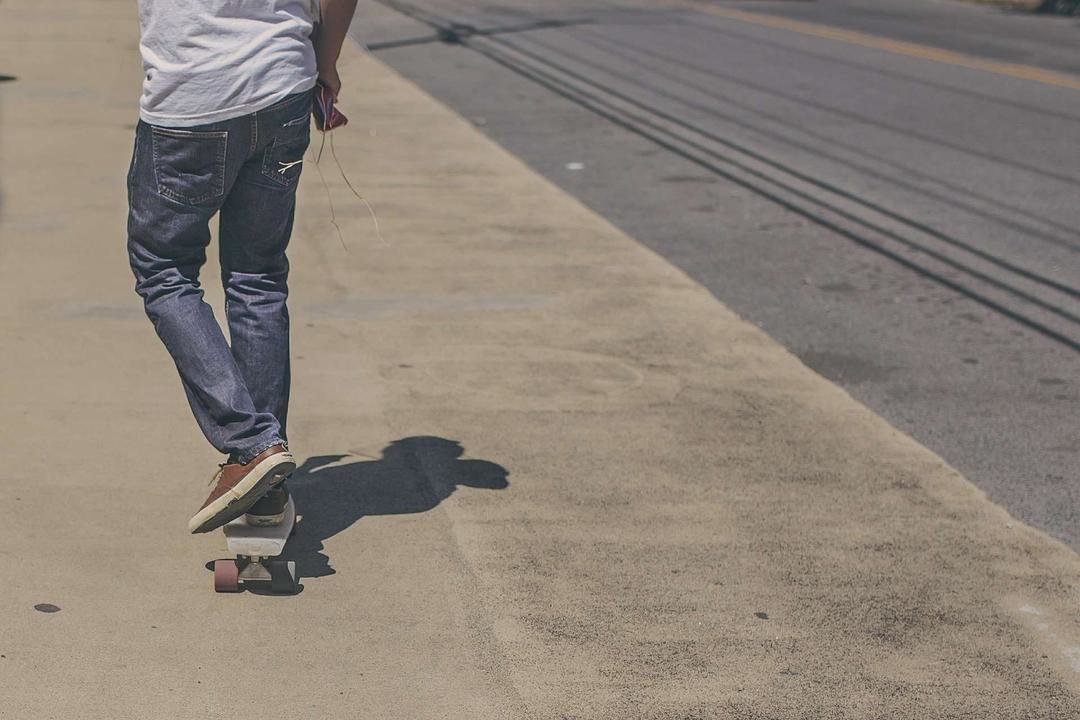Mediar con Menores Infractores

Hace días leía en prensa que casi el 80% de las mediaciones para la reinserción de menores infractores promovidas en 2018 por la Consejería de Justicia en Andalucía, se resolvieron favorablemente. El objeto de estos procedimientos es que el infractor se responsabilice de las consecuencias de su delito o falta, comprenda el mal que ha causado, pida perdón a la víctima y repare el daño con las medidas que en cada caso se establezcan. Así recordé una mediación de la ARRMI (Agencia para la Reeducación y Reinserción del Menor Infractor de la CAM) en el que participé: La sesión se celebraba para dar la oportunidad al chico infractor de disculparse personalmente ante la víctima. Ambos eran amigos y vecinos y debían tener unos 15 años cuándo todo sucedió.
El infractor había encontrado en el parque las llaves de casa extraviadas por la víctima y, en lugar de devolvérselas, aprovechó para entrar a robar en su casa cuando sabía no había nadie. Encontrándose dentro, de pronto, escucho entrar a los padres de la víctima, se escondió pero sonó su móvil con un politono a todo volumen. Se asustó y reaccionó encerrándose en la habitación mientras el padre de su amigo aporreaba la puerta amenazando con darle una paliza y llamar a la policía. Al chico le entró tal pánico que no se le ocurrió más que saltar por la ventana, ¡desde un cuatro piso!. Se rompió varios huesos y costillas, no se mató de milagro.
Transcurrido más de un año y habiendo cumplido con las medidas judiciales impuestas, el chico infractor quería disculparse. Parecía sinceramente arrepentido, explicaba que pretendía coger cosas de poco valor para comprar alcohol y porros y que saltó por la ventana por temor a tener antecedentes penales. Tal vez saber que, por ley, ningún menor tiene antecedentes por los hechos que comete siendo menor, le hubiera evitado 2 meses en el hospital a los que siguió un programa de reeducación del que no se habría librado y que, confesaba, había cambiado su actitud ante la vida. Lamentablemente, la víctima no acudió a la sesión pero la gratitud con la que aquel chaval contaba lo sucedido, me conmovió y siempre lo recuerdo.
Catalina Bernaldo de Quirós.
Mediadora y Pedagoga
Directora del Gabinete de Mediación “Co-Mediacion”
Más info en: www.co-mediacion.com
Mediation with Young Offenders
A few days ago I read in the press that nearly 80 per cent of the measures to reintegrate young offenders which were introduced by the Andalusian Ministry of Justice in 2018 were resolved favourably. The aim of these procedures is for the offender to take responsibility for the consequences of their crime or offence, understand the harm they have caused and make amends through the measures which are established in each case.
I remember one case from the ARRMI (the CAM’s Agency for Re-education and Reintegration of Young Offenders) in which I participated: the session was held to give a young offender the chance to make a personal apology to their victim. They were friends and lived near each other, and must have been about 15 when the incident happened.
The offender had picked up his friend’s house keys in the park, but instead of returning them, he used them to go in and rob the place when he knew nobody would be at home. While he was inside, though, he heard the victim’s parents coming in. He hid but his mobile rang, playing loud music. He was scared and shut himself in a room, while his friend’s father banged on the door, threatening to beat him and call the police. The lad got into such a panic that he jumped out of the window – on the fourth floor! He broke several bones and his ribs. It was a miracle that he wasn’t killed.
After more than a year, having complied with his sentence, he wanted to say sorry. He seemed genuinely repentant, and explained that he had only planned to take things with little value so he could buy alcohol and joints, and that he had jumped out of the window because he was afraid, as he had a previous police record. If he had realised that, by law, nobody has a police record for offences committed when they were under age, he could have avoided two months in hospital and then the re-education programme which he had to follow and which, he admitted, had changed his attitude to life. Unfortunately, the victim didn’t attend the session but the gratitude with which that lad talked about what had happened moved me, and I will always remember it.


